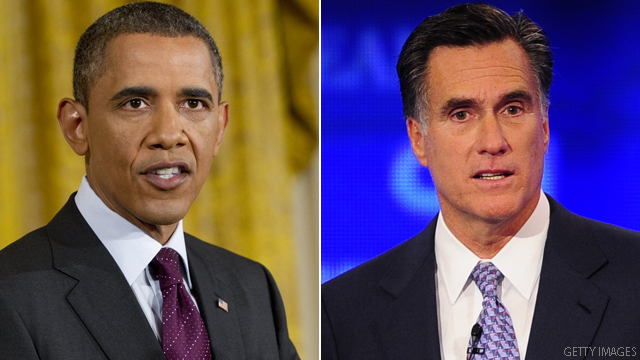My Self Prescribed Digital Detox
Facebook. Twitter. Snapchat. Instagram. Pinterest. Facebook. Snapchat… This is the endless cycle I find myself repeating for hours every day. At 24 I am CONSUMED by media. If I’m not on my phone looking something up then I’m on my laptop scrolling through endless content. I can’t escape cyberspace. More often than not social media is flooded with either horribly painful news that makes me question the state of humanity or doctored up photos that makes me question what I’m doing with my life and how I look. It’s exhausting and draining to be consumed by such a beast, and it’s not slowing down anytime soon. I need a digital detox.
“To remove social media from my life would be like cutting off a appendage that is poisoning me, I know I should do it, but I can’t bring myself to.”
I grew up in the early 90’s, which means as I emerged into adolescence and adulthood so did the monster of the internet and the boom of social media. At this point for me and my generation, social media is an extension of us and our personal brands. To remove social media from my life would be like cutting off an appendage that is poisoning me, I know I should do it, but I can’t bring myself to.

So how do you not let the internet consume your life? Digital detox.
It would be foolish to tell you to completely cut yourself off from your phone. But detoxing can be another solution. Like we detox toxins from our bodies we also need to digitally detox and clear our minds from the constant stream of information. Why? The average person spends four hours a day on their phones. Along with that shocking statistic another is that the average American checks their phone over 150 TIMES A DAY unconsciously! As someone who works in media and loves to be in the know detoxing seems like a near impossible task for me. It led me to wonder, how do you start to consciously unwind yourself from the constant need to know what is going on while still maintaining your online presence?
Some ways I try to detox social media from my life:
- Delete negative people. Like spring cleaning your house, cleaning out your social media gives you a chance to take into stock what you really want to see and eliminate accounts that cause negative feelings.
- Put your phone on airplane mode. By doing this your phone is still on but the need to check your notification disappears by not allowing any notifications to pop-up until you turn this mode off. This takes away the sometimes constant nagging need people have to check their phones.
- Turn your phone off for an hour a day. By turning off your phone it becomes more of a hassle to turn it back on and check social media than to just scroll through your notifications with it on. Try doing this a few times a week and see if it makes a difference for you.
By the end of your digital detox you should be feeling refreshed and a little more at ease!








 9. Romney vs. Obama. After all the Republican presidential candidate debates, the months of campaigning and the ups and downs in polls, I expect Republicans will nominate Mitt Romney to face off against President Obama next fall. Mr. Speaker, I reserve the right to revise and extend my remarks.
9. Romney vs. Obama. After all the Republican presidential candidate debates, the months of campaigning and the ups and downs in polls, I expect Republicans will nominate Mitt Romney to face off against President Obama next fall. Mr. Speaker, I reserve the right to revise and extend my remarks.